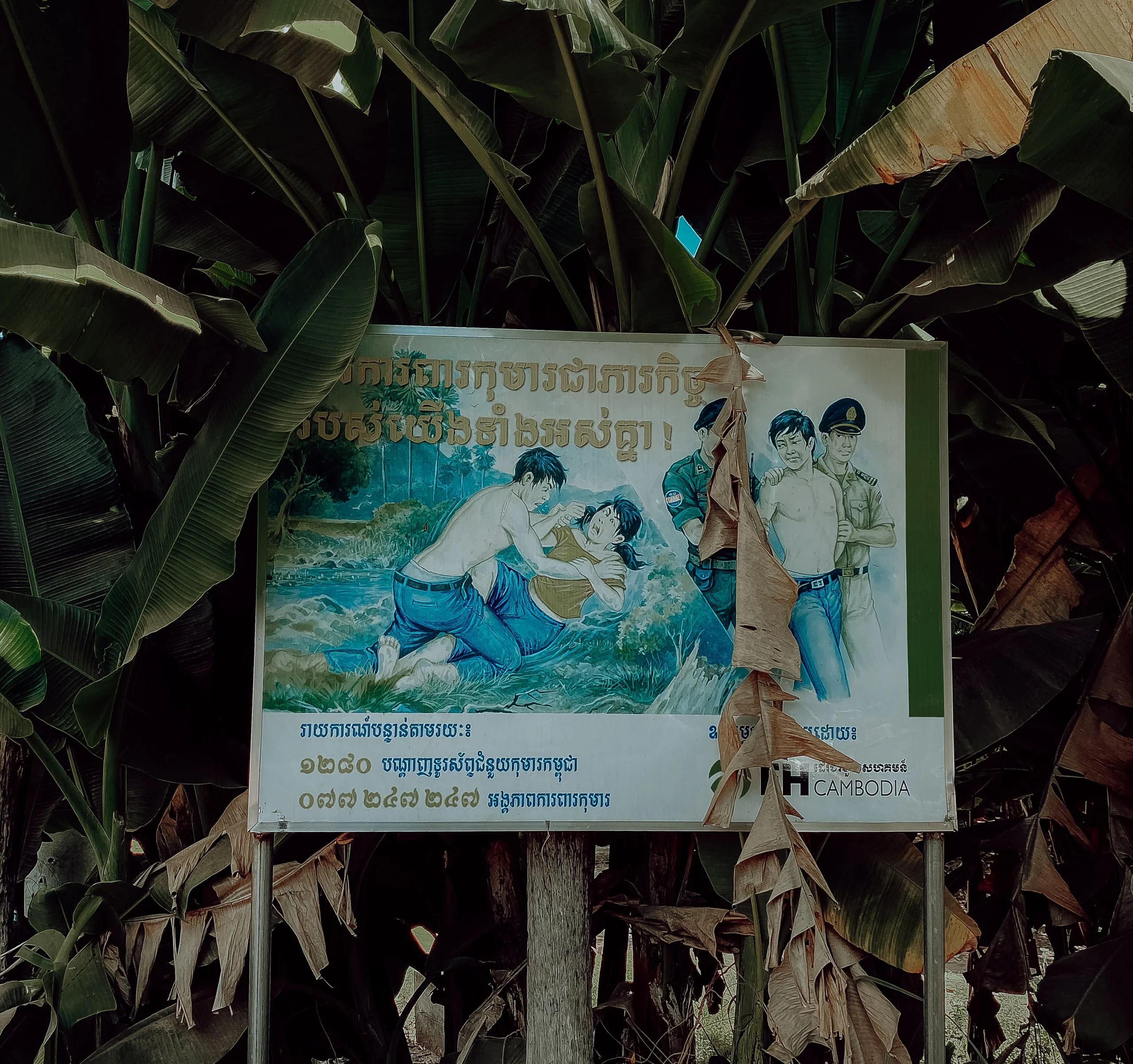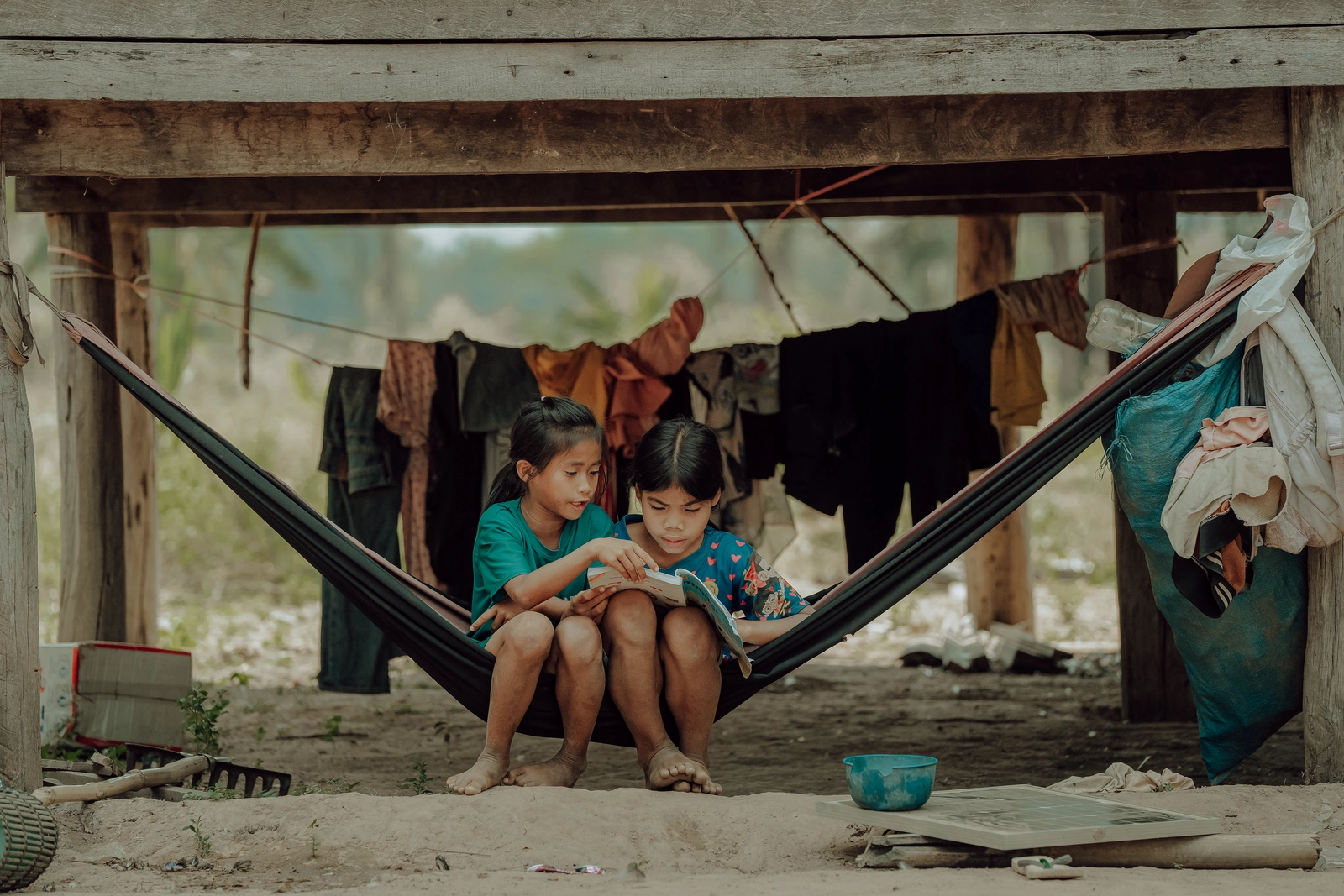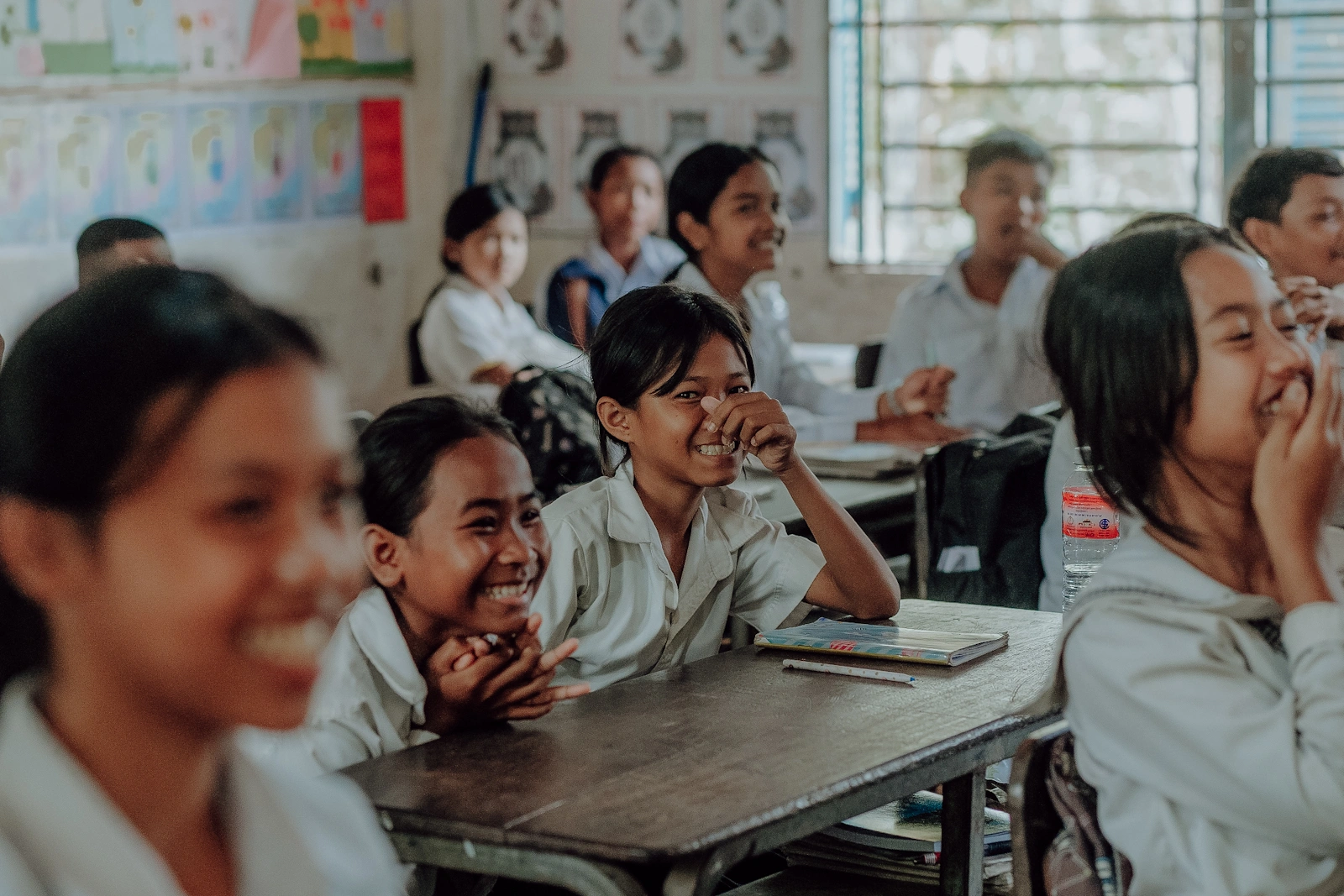Looking back on the past year, we can be so grateful and happy about everything that has been made possible. We already wrote about this in our last newsletter.
Now, as we look ahead to the new year, we see a lot of work before us. With deeper insight into the communities and villages, and stronger relationships with individuals there, more and more issues are coming to light—issues that we want to address together with the local population.
Unfortunately, this closer connection also exposes us to the often very serious stories and situations people face. We would like to share some key information on the topic of violence and abuse in Cambodia.
First, it is important to note that collecting data in Cambodia is challenging. On one hand, someone needs to fund the research, and on the other, there is often reluctance to publish figures that could portray the country in a negative light. Many affected individuals are also hesitant to tell the full truth out of fear of potential repercussions.
For this reason, many statistics likely need to be adjusted to account for underreporting. This aligns with both our own experience and that of many other organizations working in the field.
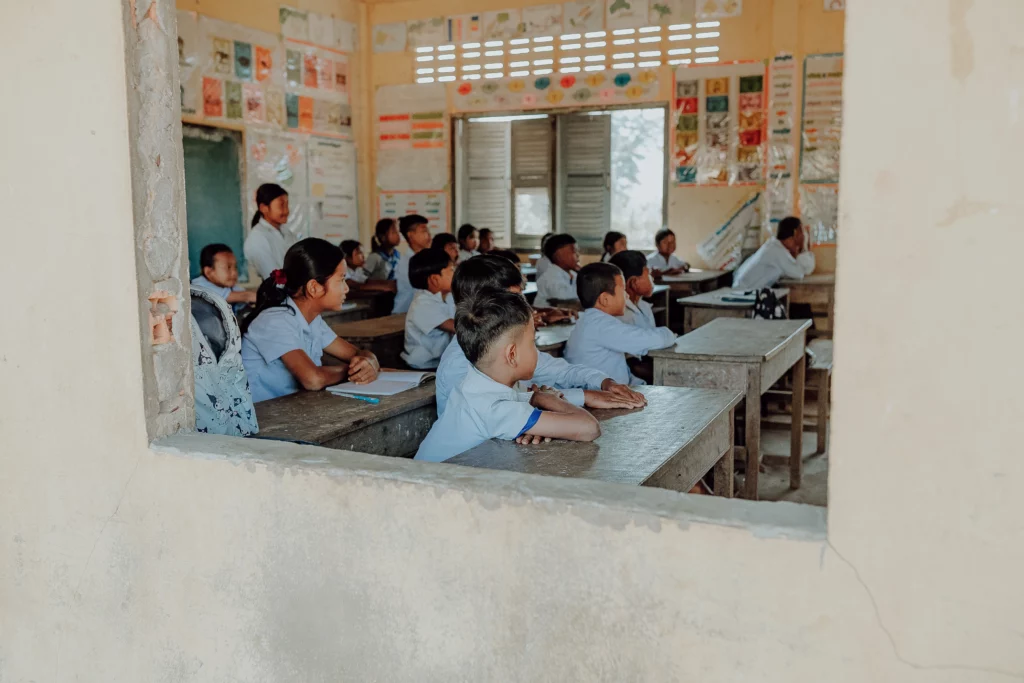
According to Better Care Network, erleben 60% of all children in Cambodia experience domestic violence,, abuse, exploitation, and/or separation from their families before the age of 18.With Cambodia’s high proportion of children, this means nearly 3.7 million children—out of a total population of 16.59 million—are affected.
A comprehensive survey conducted in 2022 by the Cambodian government revealed that 10% of all women experience domestic violence and 3% experience sexual violence. The actual numbers are likely much higher, as many victims fear negative consequences and because this data was published by the government itself. Often, victims are pressured by family members to remain silent, as speaking out would bring shame on the family.
In addition, 7% of girls aged 15–19 have already given birth.
More than 50% of female survivors of physical and sexual violence never seek any help.
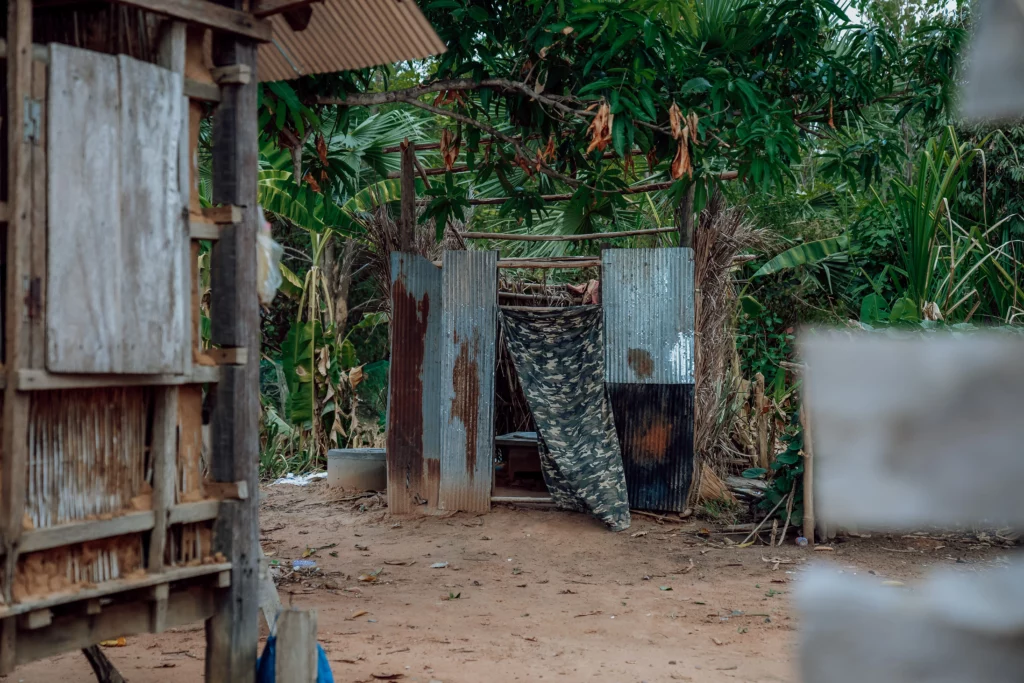
Why are we sharing this? And how is it connected to human trafficking and exploitation?
Our team is hearing more and more of these stories directly in the villages. Children, teenagers, and even some adults are beginning to open up about the problems they face at home.
In one village in particular, the situation appears to be especially severe. We hear reports of domestic violence,, heavy drug abuse,, corruption, and a deep sense of hopelessness. berichtet.
Several times, we have been told of cases of sexual violence, and young girls there often say they do not feel safe..
Most recently, a tragic family incident came to light involving a 15-year-old girl. This case weighs heavily on us at the moment, and we are working closely with the family to find a safe place for her.
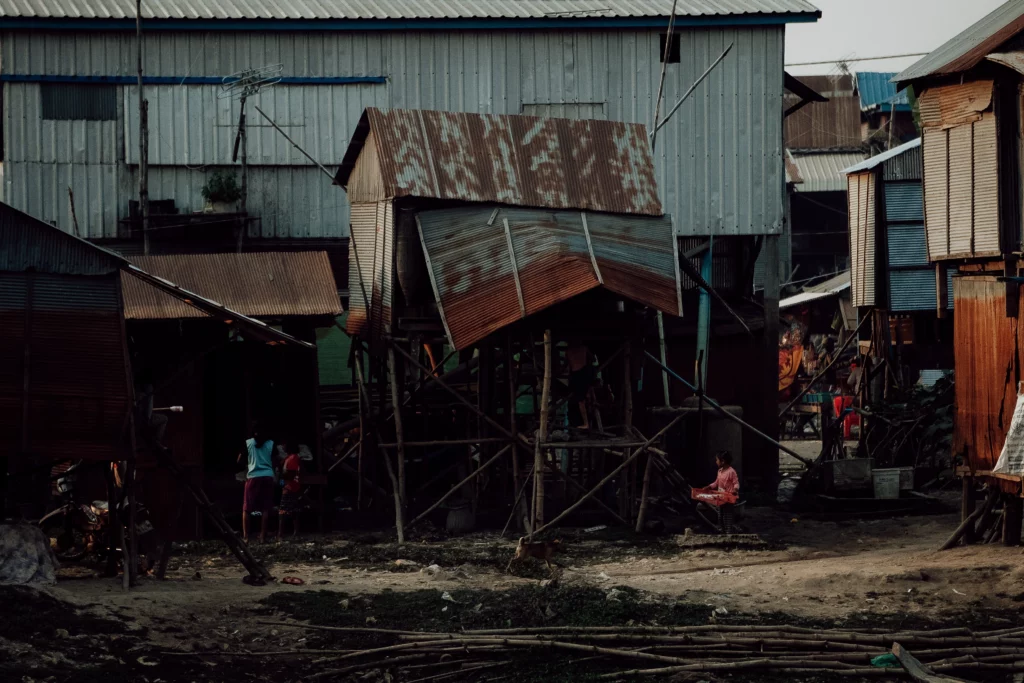
In Cambodia, victims receive far too little protection, while police and authorities are often deeply entangled in corruption. According to the Global Organized Crime Index and the World Justice Project, government institutions are widely seen as corrupt—marked by nepotism, bribery, and a culture in which officials are nearly untouchable.
For ordinary people, there is almost no safe way to raise their voices against injustice. Whistleblowers, journalists, activists, and even private individuals often end up imprisoned—or face “tragic accidents”—once they speak out against the government or implicate the wrong person.
There is no reliable judicial system to turn to, and support in court is rare. On a global scale, Cambodia ranks second-to-last in terms of the rule of law.The reports we mentioned above shed important light on this troubling reality.
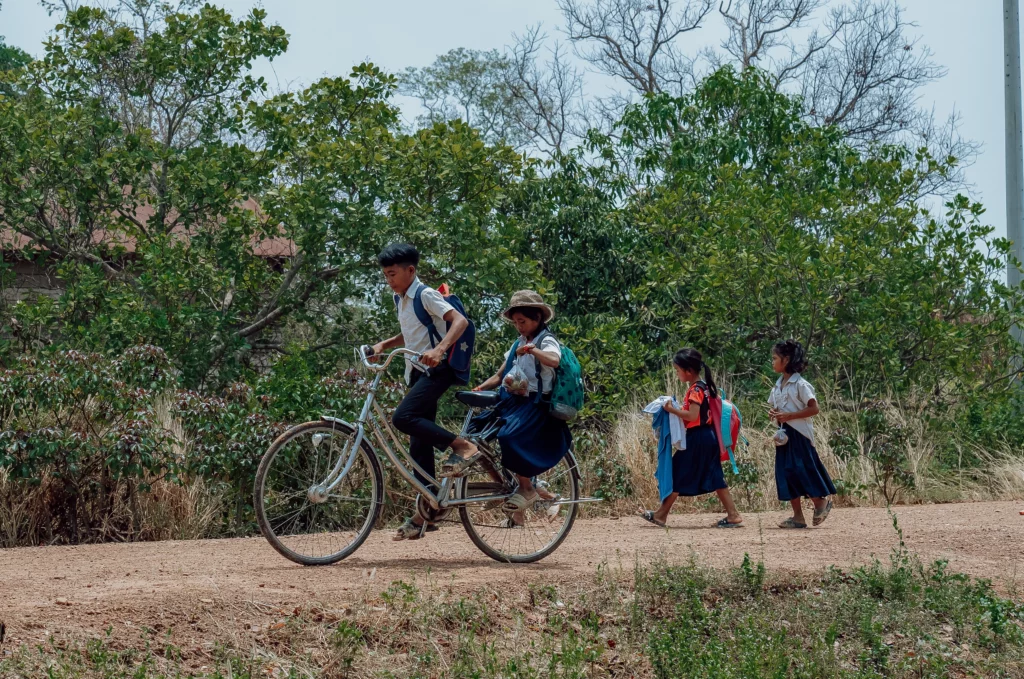
When children grow up in such a system and even experience abuse, the step toward further exploitation is often tragically small. In cases of human trafficking and exploitation, or when false promises are used to lure victims, it is frequently their own families or immediate environment that play a key role.Added to this is the widespread awareness that justice in Cambodia is scarce—leaving many people feeling exposed and powerless in the face of their circumstances.
To combat human trafficking and exploitation, we must therefore address not only systemic issues but also the family context. That is why this year, more than ever, we want to come alongside families—providing deeper and more comprehensive support to respond to the challenges they face. This is work that requires time, patience, compassion, and a steadfast spirit.
No matter how overwhelming the suffering may seem, or how impossible real change might appear, we trust that God provides us with the love and strength we need for this mission—and that He can perform miracles where we are powerless..
We are deeply grateful to all of you who continue to stand with us—whether through prayer or financial support. You make this work possible.

